The I.L.I.D. Course (I Let It Die)
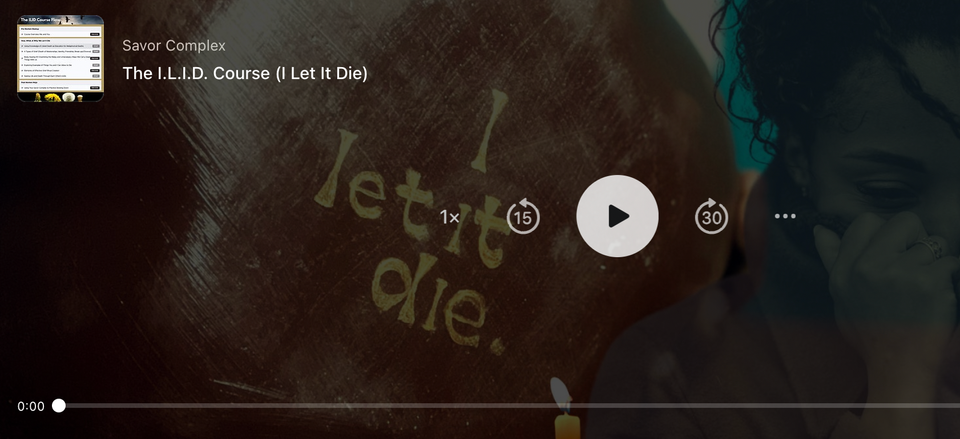
This is about becoming more skilled, more familiar with language and practices for tending to grief and loss. This isn't even about grief and loss itself, because we don't need help with that. But we do need help with becoming more practiced, more proactive, more skillful, and less reactive about the realities and presence of grief and of loss. We barely think and talk about, in our culture, this thing called grief. Matter of fact, grief and shame get stirred up in the same pot all the time. I think about when someone cries in public—our cultural training is to try to stop the crying, right? Not to know why. Not to be a witness. Not to support it, but to stop it. We are pushed past our pain and so grief feels more like shame. We think about the loss of life as an inevitable thing, right? Yet most of us don't deal with death in any proactive ways. What we deal with is trying to avoid it so like we stave off or hide the aging process. But that isn't the same thing as being proactive about death, is it?
We are barely prepared for the death of our elders, let alone the many, many other ways we die outside of getting old. So if we are stunned and unskilled about the death of a person, the end of a person's life, where does that leave us in regards to the death of relationships, the death of identities, the death of ideas, jobs, expectations, processes, other elements that cycle through birth and end in death? We are so unskilled, so unpracticed, so afraid, so unaware, and so this course is my offering to bring in what I've called in, which is language, practice, skills around letting go when that relationship, when that job, when that cycle ends.
I've spent the last year and a half learning from and with other people who also have been called into doing this work around grief and loss and death, and this course is my offering to pay it forward. To continue to do what I've always done, which is to serve from where I am in my own life. I think about my 20 plus year marriage, this has experienced so many deaths, multiple deaths have happened throughout our marriage. My children are young adults now, so many deaths have happened with expectations and ideas around who they are or were, or who I, as their mother, am or should be or am not.
Nature is teacher, these natural life experiences are teachers, and even the physical process of a body dying is a teacher. And because nature is teacher, we're going to use throughout this course the process of the physical body dying to relate to some of the non-physical, non-body deaths that we experience. So expectations and the death of expectations will be one of the primary forms of grief work that we do, because when that person you knew is so different now , or you are so different now, we need rituals. We need ways to see the body, right? We need to see that it is gone, just like when someone dies and you get called in to look at the body, to identify it, to see it, until we see it, sometimes we cannot mourn it, we cannot move on. This course, The ILID Course, is that for the non-physical body.
In the course, you will learn about the process of a physical body dying, but we're going to connect that to other deaths around specifically expectation, identity, relationship, and cycles.
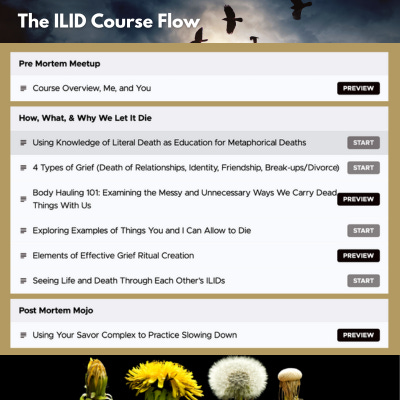
By the end of the course, you will have developed ritual framework for gathering pieces, preparing, dressing, and eulogizing whatever you are letting die. You will have examples of different things that you can let die and how you might ritualize that. I'm going to offer, of course, examples from my own life. Things that I have made with my hands and poured into with my heart around rituals for releasing, for letting it die. You will also be able to witness other people in their rituals for allowing things to die.
And all of that will be in service of all the types of death that you and I will inevitably experience as humans living. We will make things and say things that mean things to you so that you can let what needs to die, die. Yeah, so ultimately this course is about me sharing my personal journey of integrating life and death through my experiences with loss, grief, learning, and unlearning. I'm reflecting on how my studies in integrative thanatology have really helped me to understand the conjoined twins of life and death and how I'm learning to be more intentional about literacy practices, education, comfort, and skill building around death and loss.
The death of a human body, Big D death, like when a body dies, and also the other types of death — a process, a relationship, a job, a cycle, an identity, just all of that, and how we allow certain aspects of ourselves and our expectations to die so that we can make room for new ideas and new perspectives to emerge. And so that we can live with the realities of the things we may not be able to heal or resurrect or fix.
If this feels important for where you are in your life or what you want to feel more prepared for as you inevitably experience death and loss with the gift of life, then join me inside The ILID Course, I Let It Die, so we can build these skills together.

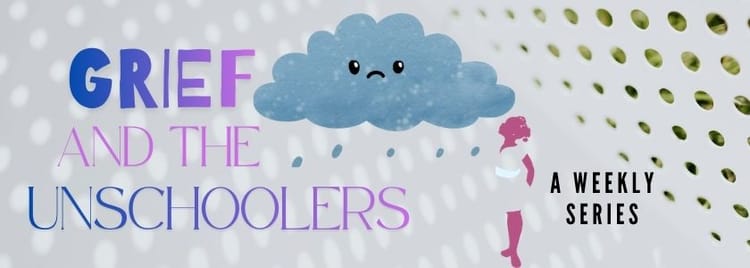
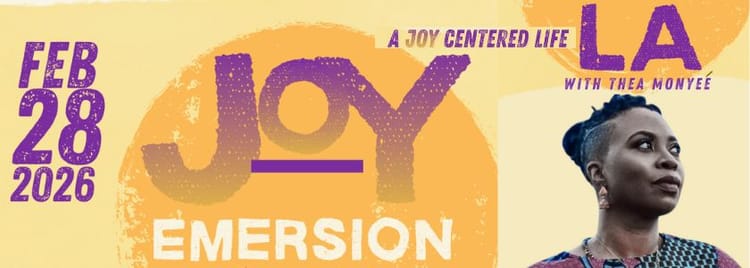
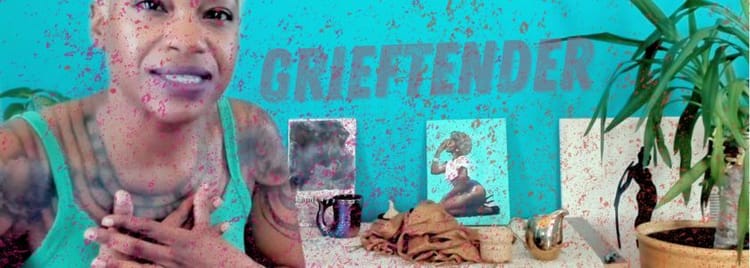
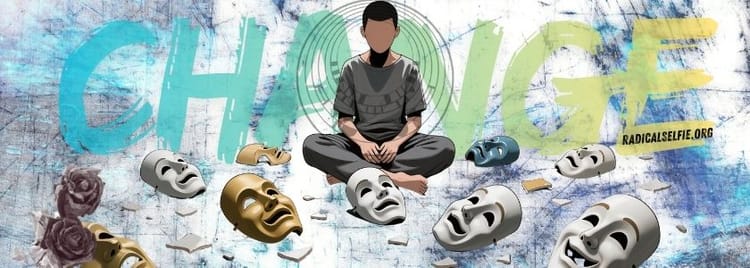
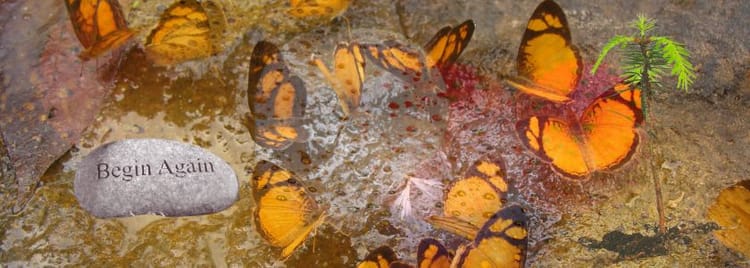
Member discussion